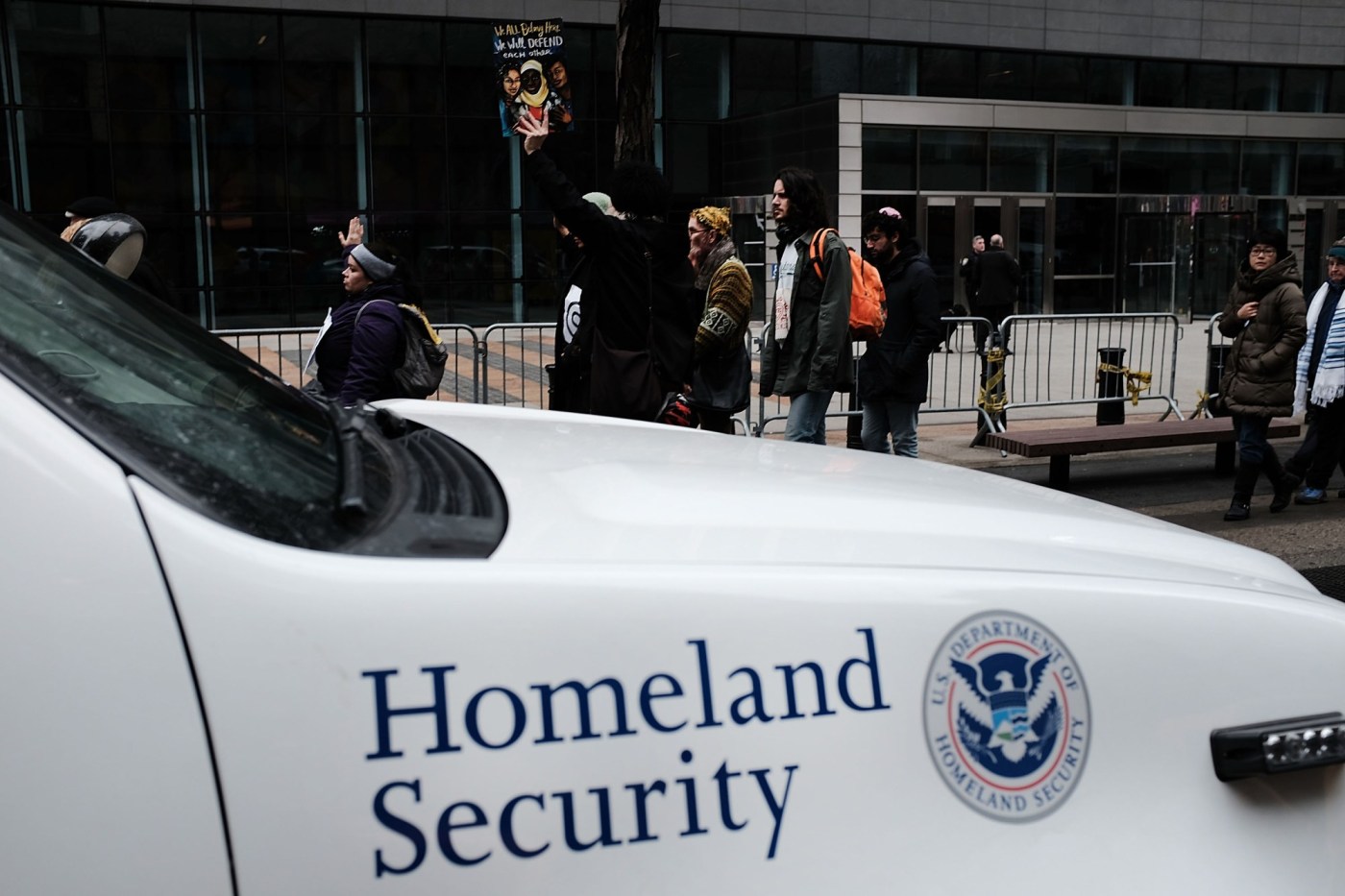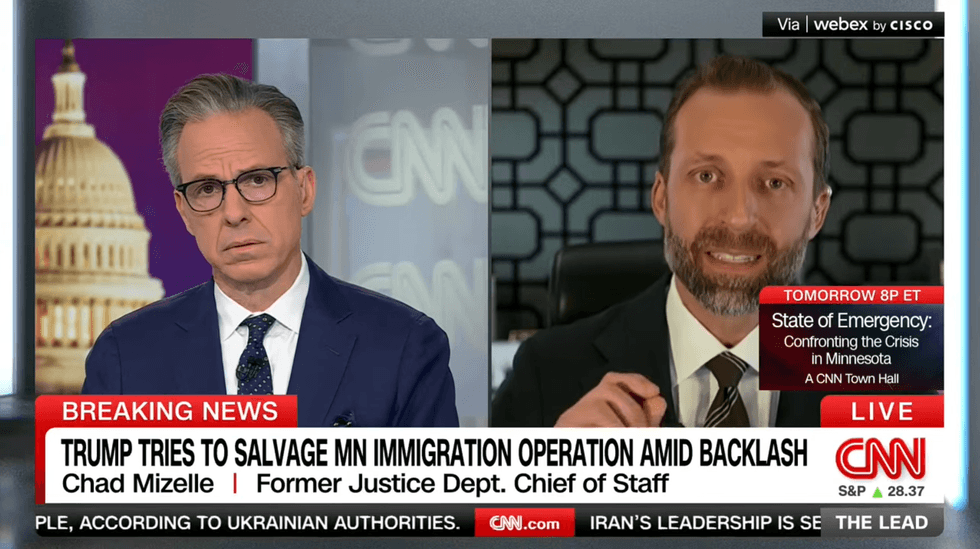UPDATE: An urgent appeal for comprehensive immigration reform has emerged as mass deportations of irregular migrants escalate across the United States. Fueled by the recently passed “Big, Beautiful Bill,” officials are intensifying enforcement actions that disproportionately target hard-working individuals who have lived in the U.S. for decades, contributing to the economy and community.
Authorities confirm that the deportation efforts are not solely aimed at “bad actors,” but also include many honest migrants who have been integral to various sectors, including agriculture, construction, and hospitality. This troubling trend raises significant concerns about the moral implications of current immigration policies.
In a press conference held on April 21, 2025, at the Archdiocese of Miami, Archbishop Thomas Wenski addressed the media, drawing parallels to historical figures like Inspector Javert from Victor Hugo’s “Les Misérables.” Wenski emphasized that today’s enforcement actions reflect a broken immigration system that lacks compassion and justice.
“Justice must be more than a cold and impersonal calculation,” Wenski stated, highlighting the need for a legal framework that values human dignity. He criticized the government’s approach, which exacerbates societal polarization and harms families as loved ones are detained and deported to countries they may not recognize.
The current landscape has ignited fierce debate, with government officials and media figures fanning resentment against migrants, equating them with threats to national security. However, many of these individuals hold temporary legal statuses or documentation, challenging the narrative that positions them as criminals.
Wenski’s comments resonate with the Catholic Church’s long-standing advocacy for migrants. He noted that the bishops have consistently called for a reform that balances national security with humanitarian considerations, including family reunification and pathways to citizenship for those contributing to society.
“An unjust law is no law at all,” Wenski asserted, echoing sentiments attributed to St. Augustine. He urged lawmakers to move beyond mere enforcement and collaborate on comprehensive reform to address the needs of a legal labor force.
As deportations continue to rise, the emotional toll on families is mounting. Many migrants face the prospect of being uprooted from communities they have called home for years, leading to devastating impacts on their lives and those of their families.
The call for reform comes at a critical time when public sentiment is shifting. Advocates argue that the U.S. has a moral obligation to provide refuge to those fleeing persecution and creating better lives. The nation’s history of generosity towards immigrants underscores the potential for a more compassionate approach to immigration policy.
Moving forward, the focus must shift towards collaboration and understanding, rather than punitive measures that fracture communities. The urgency for change is palpable, as the effects of current policies ripple through families and neighborhoods nationwide.
As the situation develops, communities and advocacy groups are encouraged to engage in discussions about the future of immigration in the U.S. The coming weeks will be crucial in determining whether lawmakers will respond to this urgent call for change.
Stay tuned for further updates as this story unfolds.







